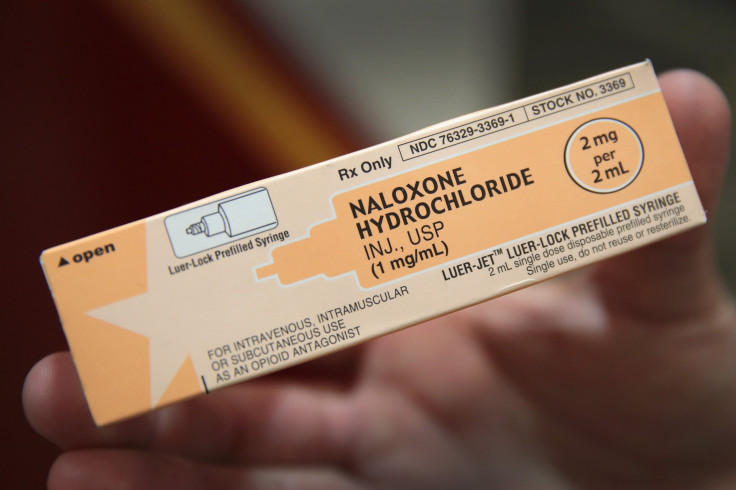Doctor Gets Life In Prison For Prescribing Opioids To Patient Who Died Of Overdose

A Kansas doctor was sentenced Friday to life in federal prison for overprescribing pain medication in an unlawful manner, which led to the overdose and death of a male patient.
Steven R. Henson, 57, of Wichita, had "abused his position of trust as a licensed physician" by writing multiple prescriptions for opioid-based medications for patients who did not medically need them, said Judge J. Thomas Marten.
"I have sentenced people to life before," Marten said Friday. "They were people who took guns and shot people."
Henson's attorney Michael Thompson said his client will appeal the sentence.
Nicholas McGovern, a patient of Henson's, died in July 2015 after taking a mix of alprazolam, an anti-anxiety medication, and methadone, a narcotic used under supervised therapy to treat heroin addicts and wean them off the drug. Henson prescribed both methadone and alprazolam.
Henson became linked to McGovern's death through a large-scale investigation that began in 2014, when a pharmacist reported to authorities that Henson was overprescribing controlled medications.
Prosecutors said Henson's prescriptions were for financial reasons, claiming he wrote them in return for cash and without a basis for medical need.
Prosecutors pointed to a number of reasons why Henson's crimes were financially motivated, including a rising rent tag on his medical office. Henson virulently denied the claim.
"I only had one goal in life as a physician, and that was to take excellent care of patients and to increase their functionality," Henson said in court, invoking his past mission trips to poverty-stricken communities.
Henson was also convicted of conspiracy to distribute prescription drugs outside the course of medical practice, unlawfully distributing various prescription drugs, presenting false patient records to investigators, obstruction of justice and money laundering.
According to the Centers for Disease Control, almost 218,000 people have died from overdoses related to prescription opioids between 1999 and 2017, with overdose deaths involving prescription opioids five times higher in 2017 than 1999.
The opioid prescription dispensation among doctors is doing nothing to help assuage the U.S. opioid crisis. More than 191.2 million prescriptions were given to patients in 2017, at a rate of 58 opioid prescriptions written out for every 100 Americans.
The National Institute on Drug Abuse reported that there were 70,237 deaths from opioid overdoses in 2017.
© Copyright IBTimes 2024. All rights reserved.











